So, after 12 years and 55 episodes, Inside No.9, the most consistent BBC comedy of the past 10 years has come to a close. As someone who has followed it since its inception, from when it was originally announced on Richard Herring’s Leicester Square Theatre Podcast, (albeit with the provisional title of Number Nine), right up to the finale, it’s a bittersweet feeling.
The magnum opus of creators Reece Shearsmith and Steve Pemberton, (Which is really saying something considering they were also responsible for The League Of Gentlemen and Psychoville), this has quietly been the most consistently original, innovative show made by the BBC, and after nine seasons, it’s incredible that they managed to never repeat themselves, or show any indication of running out of ideas. Shearsmith has referred to the series in his own dour manner as “55 pilots – A lifetime of ideas burnt away, leaving us with nothing else.” And it’s true that each episode is so fully realized and well thought through that in many cases you can imagine them forming the basis for an entire series.
It’s simultaneously a shame that more people weren’t aware of it when it was on (It never got huge audience figures and only won a BAFTA in season 6) and exciting to think there are countless potential new converts out there who will be experiencing the twists, the scares and the outrageous moments for the very first time.
Over the years the series has drawn comparisons with Tales Of The Unexpected, The Twilight Zone and Black Mirror but at it’s best Inside No.9 has surpassed all of these. Every episode is unique and some episodes work better than others, but the overall quality remained very high right up to the final, emotional episode. Pemberton and Shearsmith were determined to push the envelope as far as possible while also telling stories so clearly and comprehensively in only 30 minutes. While this isn’t necessarily the end (there is already a stage show coming next year) now felt like as good a time as any to do a definitive Critical Popcorn ranking – with apologies to Shearsmith, who notoriously hates this kind of thing (As he half-jokingly put it himself: “We hate the people who like it!“)

Before anyone gets too annoyed with the order, I should say that even the worst episode of Inside No.9 is better than most TV. I don’t believe that there is a genuinely “bad” episode, only what appeals to you personally. That being said, this is an unapologetically subjective list, and I have a natural predisposition for both the horror oriented episodes and the more heartfelt ones, and as such the broader, more farcical episodes tend to be closer to the bottom. Please feel free to share your displeasure in the comments.
That being said, here we go! Parts Tw and Three to follow…
55. Nine Lives Kat
The only outright misfire of the series, Nine Lives Kat is a very much a case of an episode being too ambitious for its own good. Generally speaking, the best episodes don’t live or die on the strength of their twists. In fact my favourite episodes are rarely the ones with the best twists, but rather those where the surprises come organically from cumulative reveals, building to a conclusion that’s both surprising and inevitable. Nine Lives Kat often seems to just be an exercise in confounding the audience for the hell of it. Guest star Sophie Okonedo is great as an unconventional insomniac detective, and the episode has a lot of fun with cliched genre tropes, but in an episode like this where the story is essentially reset after every twist, the plot mechanics are right at the forefront, and the final rug-pull is less satisfying as a result.
54. Last Night Of The Proms
One of the few episodes where the ensemble doesn’t really gel, and some of the comedy feels a little forced as a result. An uncomfortable mish-mash of Brexit satire and religious iconography all set to the pomp and circumstance of the Proms, as a family spanning both sides of the Brexit debate gather for a viewing party. If you enjoy the proms, and (unlike me) know anything about the context of the pieces that play throughout the episode, Last Night Of The Proms might be more satisfying, especially regarding the nebulous religious allegory. For me though, everything is too broad, too heightened, for the episode’s darker beats to land successfully. There are obvious Brexit references but by both-sidesing the argument, and making all the characters obnoxious and unsympathetic, it ends up saying not very much at all.
53. Paraskevidekatriaphobia
Similarly to Last Night Of The Proms, I have to put my hands up and say that my dislike for this episode stems almost entirely from my own personal aversion to farce. A broad comedy, with exaggerated characters and over-the-top performances Paraskevidekatriaphobia is wonderfully executed, but it left me a little cold. Gareth (Shearsmith) is a superstitious man who is terrified of Friday the 13th (hence the mouthful of a title) and finds himself beset by a barrage of archetypes who bring all manner of bad luck omens into his quiet existence. If you are a fan of slapstick this will likely be a success for you, but I just couldn’t suspend my disbelief that Gareth wouldn’t simply tell all these people to get out of his house! Shearsmith’s nuanced performance and a couple of genuine laugh-out-loud moments (including that final brutal rug-pull) almost save the episode, but on the whole it’s just a little too knowing for its own good.
52. Last Gasp
As I said, I don’t think there are any bad episodes of Inside No. 9, but Last Gasp is certainly one of the weaker entries. On the whole, even when the circumstances of the show are outlandish, the characters themselves act believably. This story, centring on the bidding war on a balloon containing the dying breath of a singer, has a lot of comic potential, but the characters themselves are so unsympathetic, and their reaction to the situation so cartoonish that it’s hard to fully invest in the story. Tamsin Greig, Sophie Thomson and Adam Deacon are strong guest stars, but it’s just a bit lightweight and silly, especially compared with what’s to come.
51. Death Be Not Proud
This might be one of the funniest episodes yet, but with a big caveat. It’s an incredibly bold and meta move to feature a twist that is essentially – “you thought this was an episode of Inside No.9, but it’s actually Psychoville“, but it’s also a bit of a cheat. I loved Psychoville and David Sowerbutts (Pemberton) was one of the breakout characters, but it feels like it’s not playing fair with the audience – especially those who aren’t familiar with the other show – and poor Jenna Coleman is criminally underused. On the other hand, it is a rare treat to be able to revisit these morbid creations. David is a simultaneously terrifying and pitiful character, and Pemberton slips right back into his skin. The same goes for Shearsmith, who tears into his dual role as the domineering Maureen and the terrifying clown Mr Jelly with relish. It also features maybe my favourite joke of the entire series: “John did, David. It’s John did.”

50. And The Winner Is
From the very start of this series, Shearsmith and Pemberton shied away from playing it safe, or basing the show entirely around a twist. Some of the most effective episodes don’t even have one (more on this later) but by and large the series has always been about more than just the twist, which makes this one a tad disappointing. Set in a judges deliberation room for a TV awards ceremony, as a jury decide the winner of the Best Actress award, the writing is as witty as ever, and the colourful performances (especially Kenneth Cranham and Zoë Wanamaker as two seasoned luvvies) are just the right side of over-the top, but it all feels a little flat, mainly because there isn’t much at stake, and also because the twist is so obvious it becomes a little distracting by the end. Shearsmith’s weathervane screenwriter is one of his strongest performances though, and his transparent sycophancy makes the episode endlessly rewatchable.
49. Hurry Up & Wait
A painfully true-to-life rendering of life on a television production, Hurry Up & Wait is a funny enough episode, but it lacks the punch of the very best episodes. Shearsmith plays James, an actor playing a policeman (“Bobby” “No, THE bobby”) in a dramatization of a local historic crime. As he is shunted into a caravan with a family (Pemberton, Pauline Mclynn and Donna Preston) who don’t conceal their displeasure at his presence, James begins to suspect that they know more about the kidnapping than they are letting on.
There’s a lot of plates spinning in this one, and while the satire is on-point, I’m not sure how successfully the episode sticks the landing of the mystery storyline. That being said, Adrian Dunbar has a ball playing a preening, hyper-sensitive version of himself – insisting that this detective is miles away from his role in Line Of Duty, and poaching the few lines that Shearsmith’s character has.
48. La Couchette
Every episode of Inside No.9 is unique, but there is a certain type of episode that crops up every season, and this is the ensemble piece; episodes that feature a group of well-known character actors thrust into a small space together. This is one of the weaker examples, set on a crowded carriage on a French sleeper train, where one of the passengers has died, and the others argue about whether to stop the train or not. It’s an interesting moral quandary, but the show doesn’t spend that much time actually dealing with this. Despite the slick final twist, and some laugh out loud moments, the whole thing feels a little breezy, and Jack Whitehall stands out for all the wrong reasons, essentially playing himself.
47. Simon Says
An episode where the themes and the subtexts are actually more interesting than the twists, which seem a tiny bit cursory. If Annie Wilkes was a Game Of Thrones fan, she wouldn’t be too dissimilar to Simon (Shearsmith) in this bleak episode. After the end of acclaimed fantasy series The Ninth Circle, writer Spencer (Pemberton) is coerced into writing more instalments of the series by obsessive fan Simon, who witnessed him beating up a fan. When this first aired I felt like the episode was a little one-sided in it’s depiction of the entitlement of fans, making it seem like the writer’s opinion is all that matters, but on a rewatch it’s actually a lot more even-handed, since neither Simon or Spencer are particularly nice people. This does make it difficult to care too much on the episode’s outcome, but it’s at least more balanced than I originally thought, with Nick Mohammed‘s defence of fandoms undercutting Spencer’s contempt for his fanbase.
46. The Understudy
An episode that gets unfairly maligned, The Understudy is a simple story, but no less effective for this. Shearsmith plays the titular understudy for the lead actor (Pemberton on top pompous form) in a production of Macbeth, whose ambitious fiancée (Lyndsey Marshal) urges him to take the role when the lead suffers an accident. The comparisons to “The Scottish Play” may be a little obvious, but this is still an incredibly atmospheric episode, with some wonderfully nasty imagery. Even the slightly creaky plot moments are undercut by the wryly observed jabs at the acting profession. The supernatural, ghostly elements are still really creepy and the episode is drenched in a grim, foreboding atmosphere that more than makes up for any shortcomings in the plot.
45. Tempting Fate
The Inside No.9 version of The Monkey’s Paw isn’t particularly original but does benefit from the meta way that it acknowledges the ubiquitous nature of the classic horror story. The episode is at its strongest when the characters show awareness of the tried and tested rules of the story, and debate how to manoeuvre themselves out of the usual pitfalls and horror tropes. Three council workers find an unusual statuette while cleaning out a dead man’s flat, and discover it has dangerous properties, granting wishes in the most macabrely ironic way possible. Shearsmith is a brilliant audience surrogate, playing the only character who seems to recognise the very clear danger, and Pemberton is even better as the upstanding sceptic with a tragic backstory. It’s also a neat acknowledgement of the brass hare statue easter egg that appeared in the background of every episode of the series.

44. Kid|Nap
Playing out like a mix of Ruthless People and 24, Daisy Haggard plays the wife of a wealthy hedge fund manager who is kidnapped and held for ransom by two desperate men (Daniel Mays and Jason Isaacs). Of course, this being Inside No.9, there is a lot more to it, as the story unfolds utilising a split-screen, showing as many as three timelines running concurrently. Visually, this is one of the most inventive episodes of the series, with some ingenious editing, and the guest cast are among the strongest of the series, (Mays in particular is is amazing, his lumbering criminal alternating between hapless and scarily unpredictable) but it’s definitely one where the execution is more important than the ins and outs of the narrative, as the ending is a little underwhelming, with a twist that can easily pass you by. That being said, Shearsmith’s delivery of “I can do this!” will never not make me laugh.
43. Diddle Diddle Dumpling
An unnerving episode about a man (Shearsmith) who finds a single shoe outside his house, and gradually becomes fixated on finding it’s missing partner. For all the shortcomings of the story – which is a little simplistic – this a beautifully produced episode that is a lot more rewarding on a rewatch. There is a telling but subtle use of symmetrical imagery throughout, mirroring Shearsmith’s growing obsession with the missing shoe. Keeley Hawes is heart-breaking as his long-suffering wife, and the disturbing, ambiguous ending is very bleak. Apparently this is a case where many viewers (myself included) interpreted the ending as much darker than the writers intended!
42. Thinking Out Loud
It didn’t take long, but we’re already into the episodes where I’m running out of negative things to say! One of the most unconventional, quietly ambitious stories the pair ever attempted, as a series of apparently unrelated Talking Heads-style monologues are linked together to tell a coherent story. It’s ambitious to be sure, playing with the non-linear narrative as well as the assorted media in which the characters appear. Maxine Peake gives a touching, natural performance as the troubled main character undertaking online therapy sessions, but the final explanation is a little laboured and unnecessary. The supporting performances are strong, especially Shearsmith Ioanna Kimbook and Phil Davis, and there are some chilling moments, but it feels like the writers over-extended themselves slightly with this one.
41. Mother’s Ruin
I don’t think I was fair to this one when I first saw it. It’s very much business as usual after the incredible Christmas special, so maybe the fact it is a standard episode put me off a bit, but this “necromancy meets gangster film” is a perfect way to ground the audience, preparing us for the relatively low-key nature of the penultimate season. Shearsmith and Pemberton play brothers experimenting with the occult in an attempt to discover where their deceased mother hid her ill-gotten gains. Phil Daniels and Anita Dobson are a lot of fun as the gleefully violent gangster couple whose house the siblings wander into, but Shearsmith is at his best here, the way he contorts his face in the central possession sequence is really unnerving, and up there with the tent scene from A Field In England in terms of him throwing himself into his role.
40. Merrily Merrily
There’s a real meta feeling to this episode of old friends reconciling in a miserable fishing trip , as Shearsmith and Pemberton reunite with League Of Gentlemen alumni Mark Gatiss. Lawrence (Shearsmith) has organised a mysterious get together for him and his Uni friends, snobby doctor Callum (Gatiss) and PE Teacher Darren (Pemberton). Things began to go off course immediately, as Darren brings along his new girlfriend Donna (Diane Morgan), and they quickly revert to their old ways, bickering and fighting as they pedal across a deserted lake.
This is another one that I unfairly dismissed on my first viewing as a little too slight, a little underwhelming. A rewatch reveals one of the most melancholy episodes of the series, with beautifully observed, understated performances from the four actors, playing friends with a clear affection for one another, even as petty grievances slowly resurface. The ending may be a little abrupt, and needlessly bleak, but there is a beauty to it as well, and Shearsmith in particular gives a wonderfully sensitive performance. Perhaps the best example in the series of the journey being more important than the destination.
39. Love Is A Stranger
Ok so let’s get this out of the way, Love Is A Stranger has one of the most obvious twists in the whole run of the series, and yet when rewatching the episode, this hardly seems to matter. This tale of a softly spoken, lonely woman (Claire Rushbrook) slowly discovering her more assertive side through a series of disastrous online dates essentially serves as five mini-episodes in one, with each date essentially coming with it’s own twist. With each encounter, another layer of Vicky’s character is stripped back, and this is beautifully portrayed by Rushbrook. She really grounds the episode, and she gives one of the series’ most subtle, humane, painfully affecting performances, recalling Sheridan Smith’s seminal turn in 12 Days Of Christine (and yes I know that’s a bold comparison). Her sad smile masks a lifetime of pain, and yet she manages to convincingly make her character vulnerable without ever feeling like a victim. The poignancy of Rushbrook’s performance combined with the central narrative conceit makes this one of the most quietly ambitious episodes of the series.
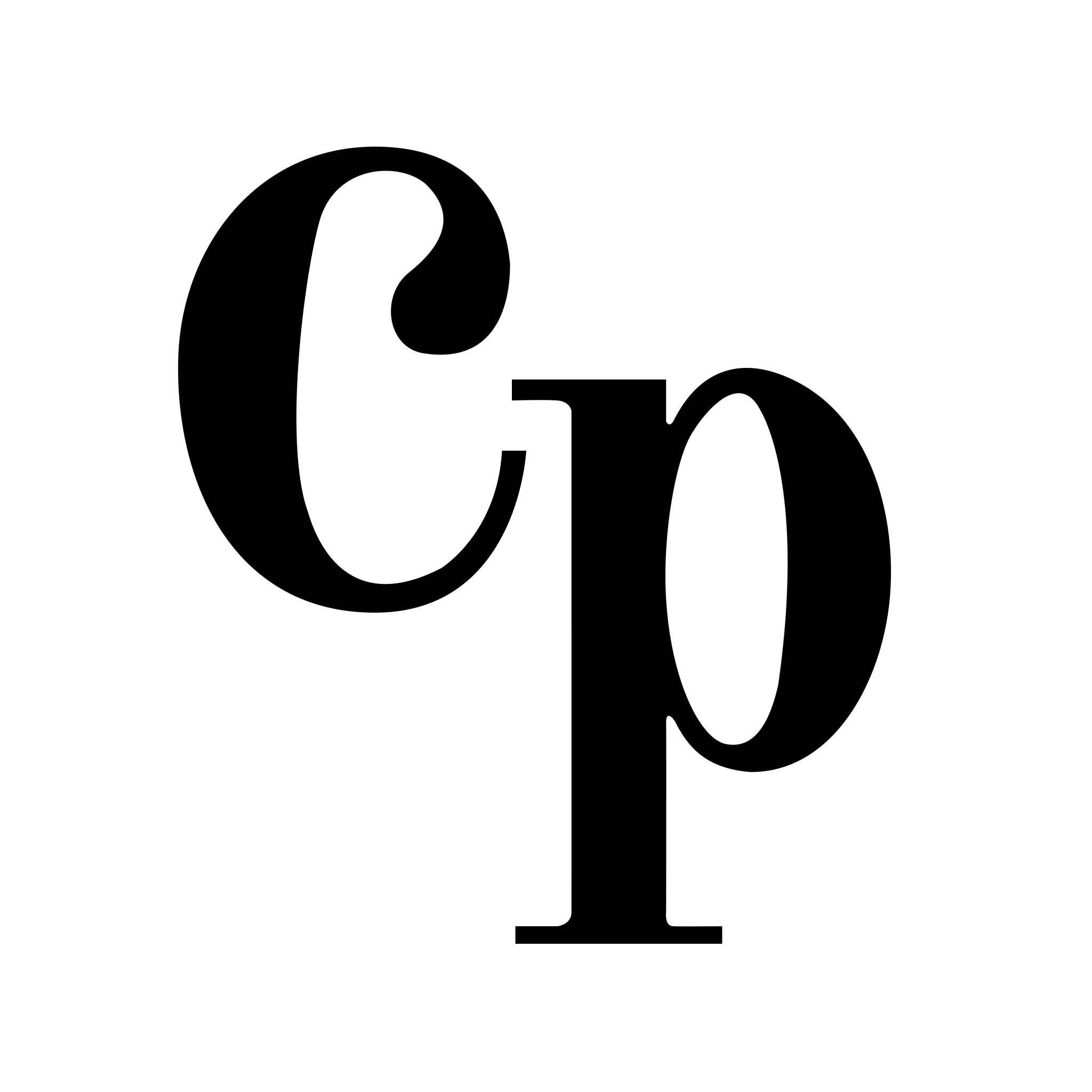
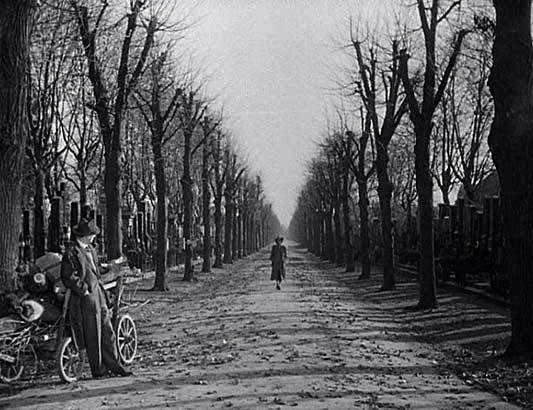
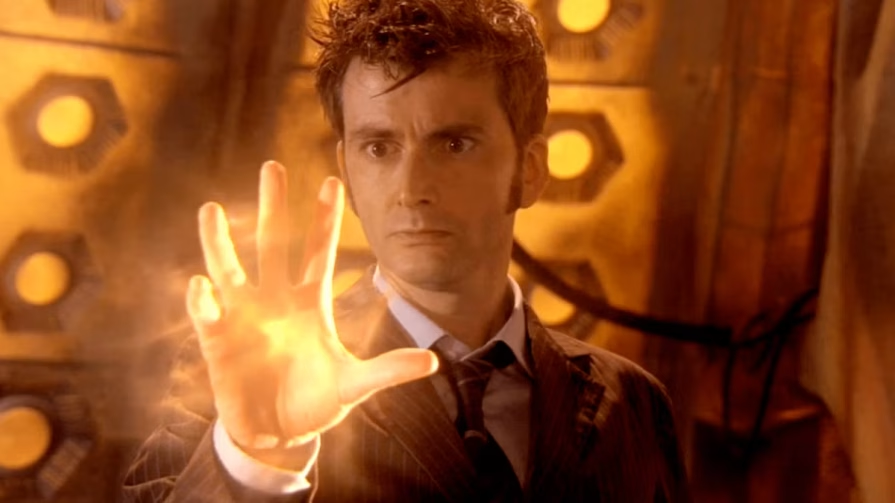
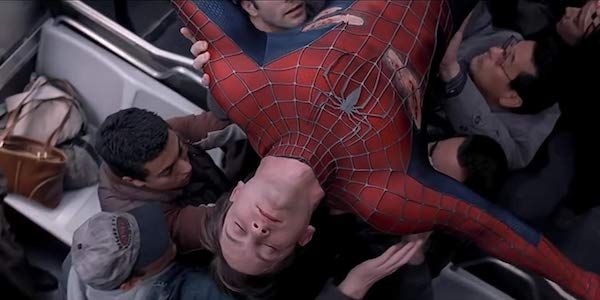
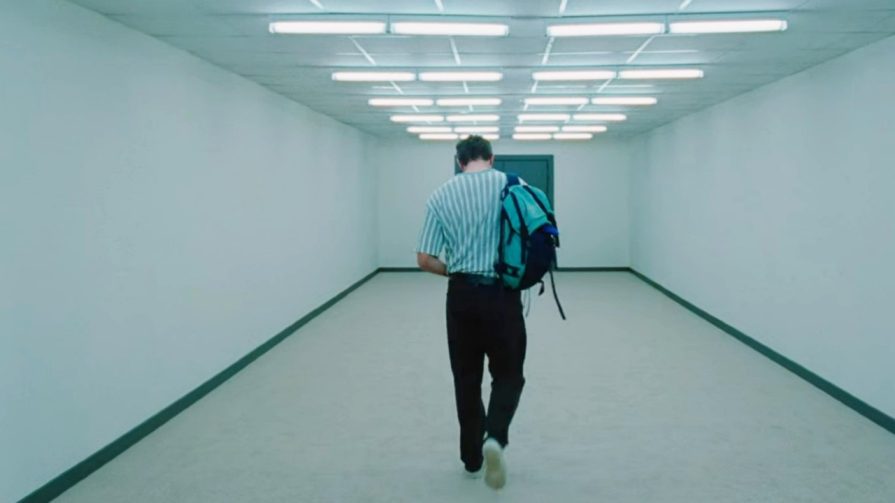
![Unquiet Guests review – Edited by Dan Coxon [Dead Ink Books]](https://criticalpopcorn.com/wp-content/uploads/2025/10/ug-reddit-ad-e1761690427755.jpg?w=895)
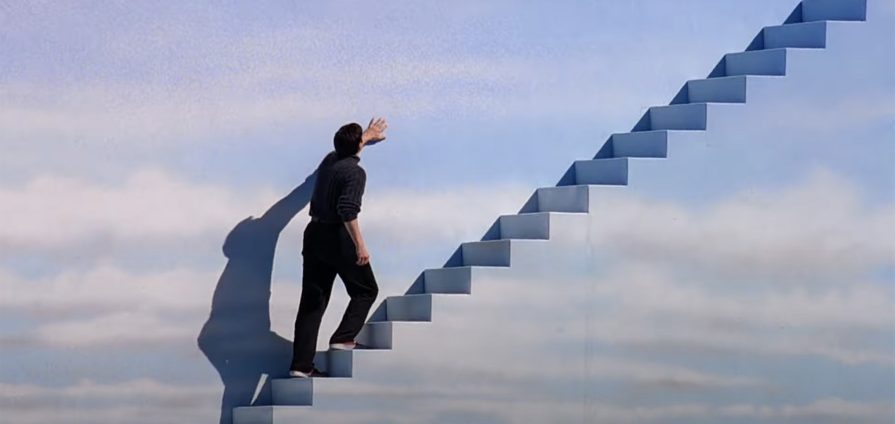
![Martyrs 4K UHD review: Dir. Pascal Laugier [Masters Of Cinema]](https://criticalpopcorn.com/wp-content/uploads/2025/10/image-1-e1761586395456.png?w=895)

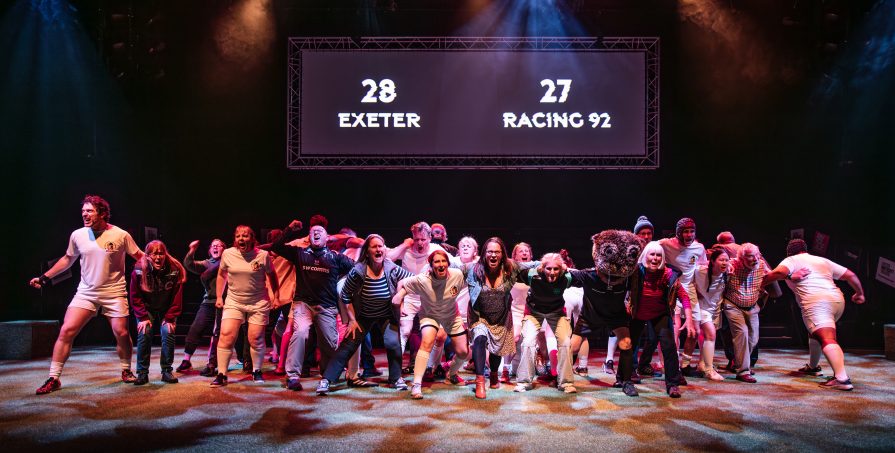
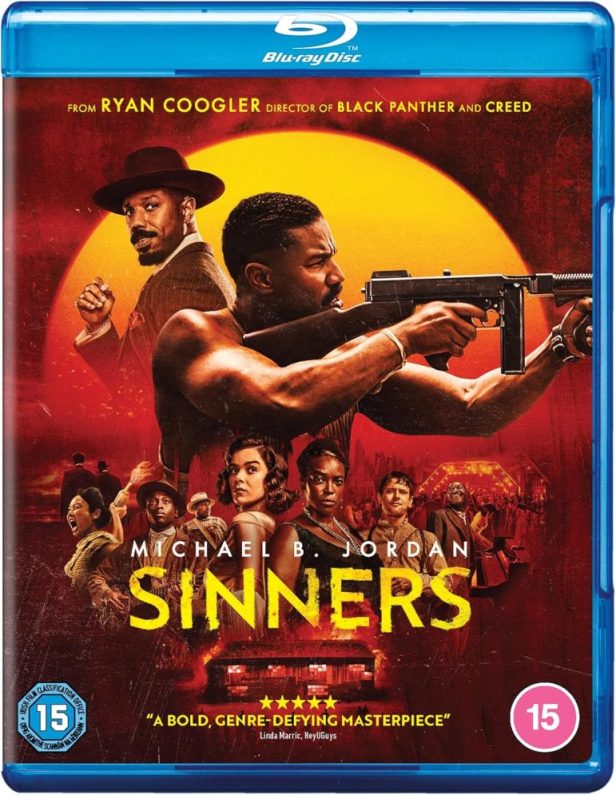
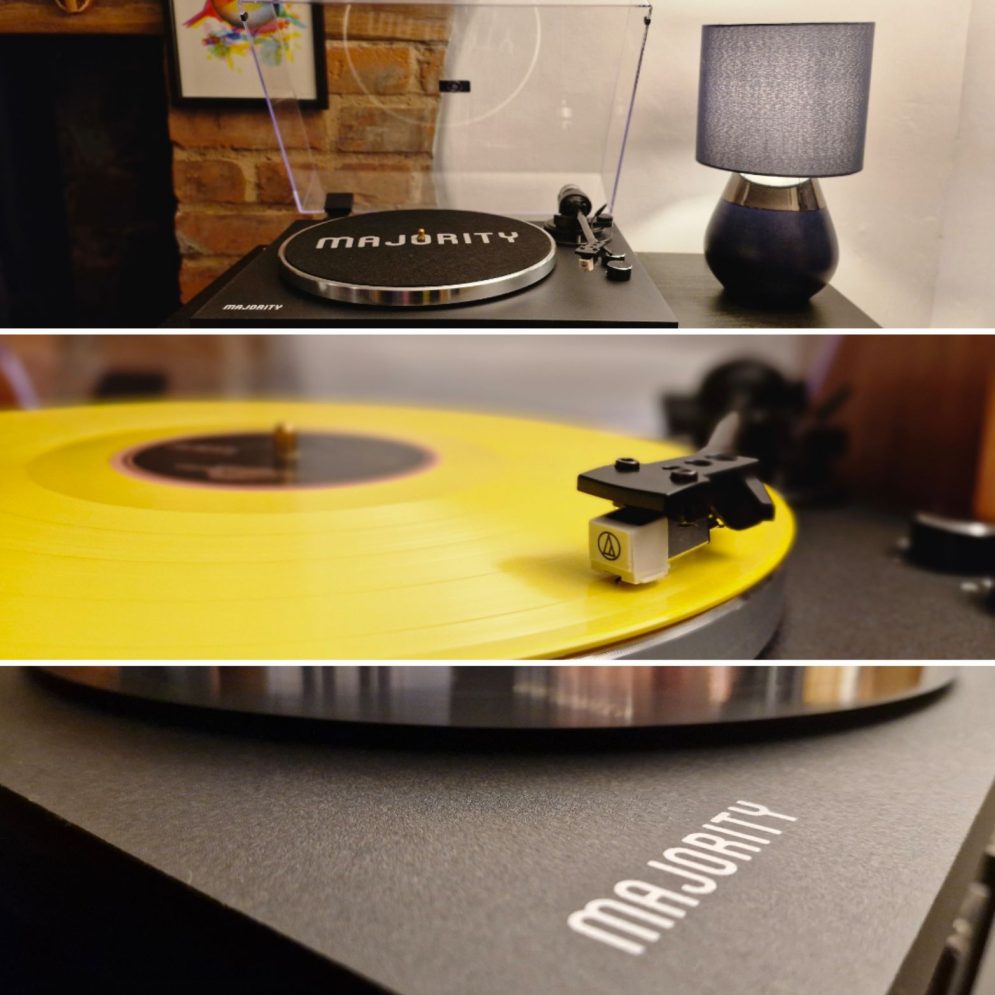
![Why I Love… Steve Martin’s Roxanne [1987]](https://criticalpopcorn.com/wp-content/uploads/2016/11/roxanne.jpg?w=460)

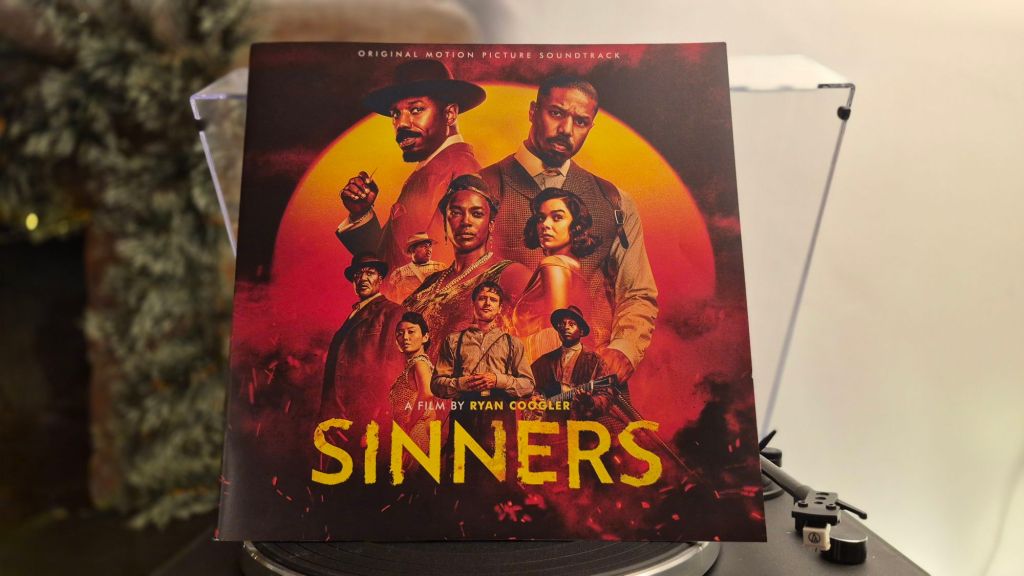

Post your thoughts